

Social and Cultural Structure
Traditional set-up
There are seven paramountcies in the KassenaNankana West District, namely, Paga, Chiana, Katiu, Nakong, Kayoro, Mirigu, and Sirigu. Every paramountcy has a ‘Tindana’ who acts as the chief priest and relates with the ancestral traditions which he holds in trust for the people. Matters concerning chieftaincy, culture, and tradition are handled by the various traditional council’s and the individual chiefs.
Ethnicity
The predominant tribes in the district are the Kassena and the Nankana and Mamprusis. Minor ethnic groups include Kantosi, Moshie, Builsa, Zambrama and few migrant workers from Burkina-Faso. These tribes have co-existed over the years, enhancing the development of the district.
Despite the varied ethnic composition of the district, the society is generally patrilineal and traditionally male-dominated. Women are generally less involved in decision making and are traditionally responsible for the bulk of household activities such as cooking, fetching of water and caring for the children as well as other farming activities such as planting, weeding, harvesting and are also more involved in other commercial activities such as buying and selling.
Religious composition
The major religious denominations are Christians, Muslims, and Traditionalist. The traditionalists are mostly found in the rural parts of the district. Their spiritual roles contribute to enhancing peace and development in the district.
Festivals
Festivals are significant practices in the district. The Fao Festival is the predominant in Paga Traditional Area. This festival is celebrated to thank the gods for a bumper harvest. Another post-harvest festival is Gakwea which is also celebrated to give reverence and thanks to the gods for a bumper harvest which has implication for food security in the district. The Posiga and Monkera festivals are also celebrated by the people of Sirigu and Kandiga respectively. The festivals celebrated in the district strengthen the traditional family unions and systems of the people.
Marriage
The traditional marriage system entails a distinctive practice or payment of bride price, a system where the family of the bridegroom meets some marriage expenses including cola nuts, tobacco and guinea fowls. The bridegroom apart from the above items pays seven sheep and a cow. In the event of the bridegroom’s inability to pay the initial sheep and cow, the children would be mandated to settle their father’s indebtedness before they can dowry their wives. The above arrangement ensures strengthened ties between families and ensures security of marriages.
Inheritance
The patrilineal system of inheritance is practised. The eldest son inherits the deceased father in trust of the family. There is no form of ownership of family assets by daughters within the traditional system. Inheritance in the district invariably denies women access to productive resources including land.
Funerals
Funerals have become expensive in the way they are performed these days in the district due to show of real wealth and competition. The practice of funeral rites and other associated customary practices is another emerging issue affecting the welfare of the living standards of several families and individuals. The performance of funerals has of late been quite a source of worry and economic hardships to several families. Funerals are mostly organized after the harvest.
Land title and ownership
Individuals do not own lands but rather the family heads take care of the land on behalf of members. The chiefs oversee the distribution and sale of land. The Tidanas/Tigatus are the original owners of the land; however they transfer land to other family heads.
Tourism
There are quite a large number of tourist attractions in the district including the Paga Sacred Crocodile Ponds, the Zenga Pond, Pikworo Slave Camp, a Pottery Art Centre at Sirigu which are operational. The other tourist sites such as the Caves at Chiana, the sacred pythons at Kayoro, and the remains of the Catholic Church at Kayoro need to be developed. There is therefore the need for the district assembly to attract investors into the tourism area of the district.
Date Created : 11/21/2017 2:37:29 AM

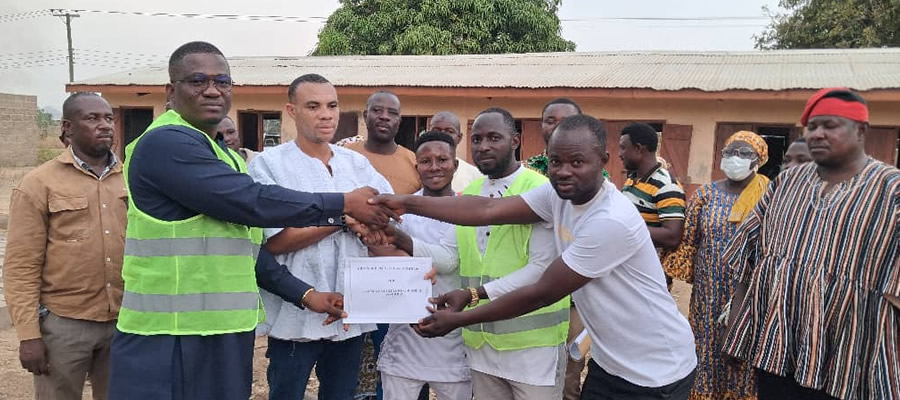
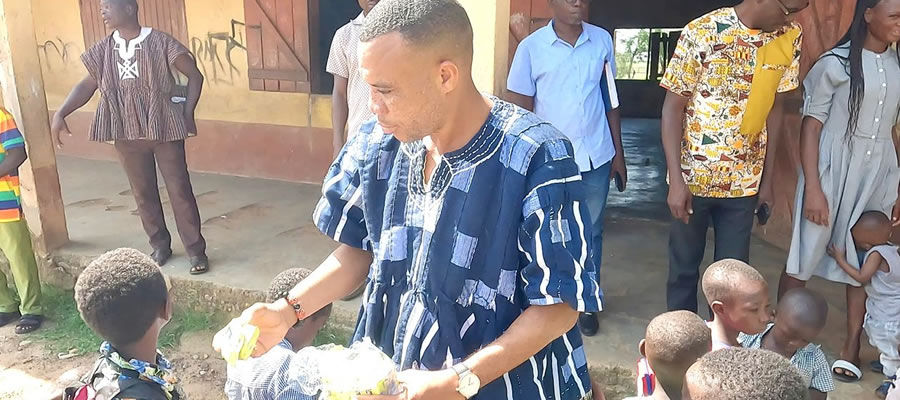
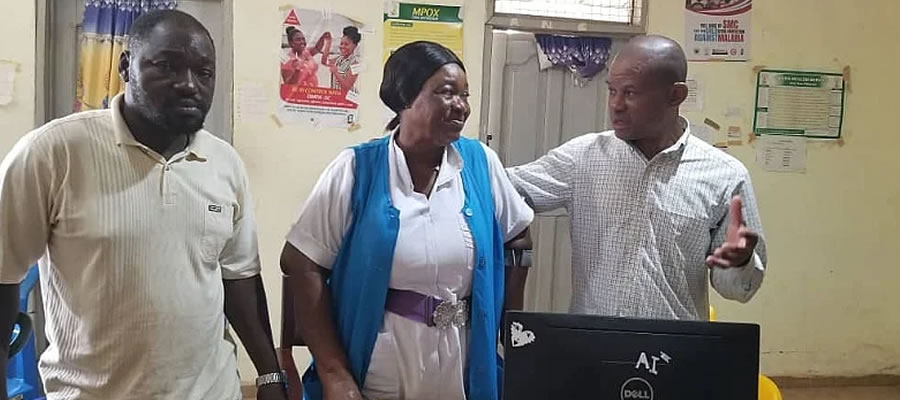
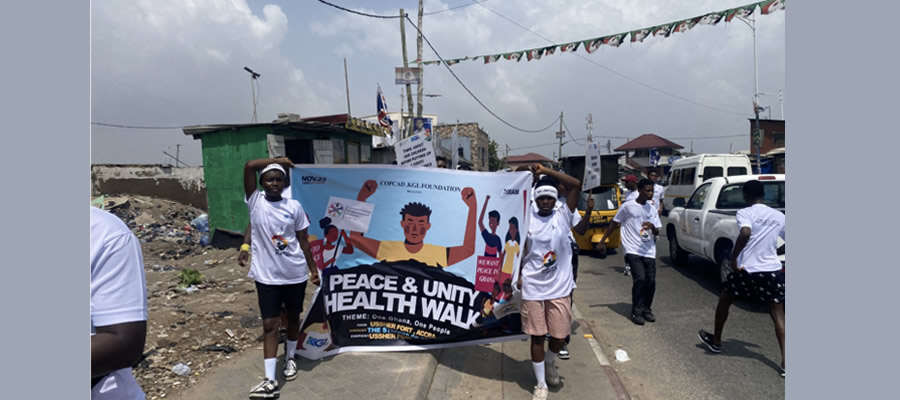
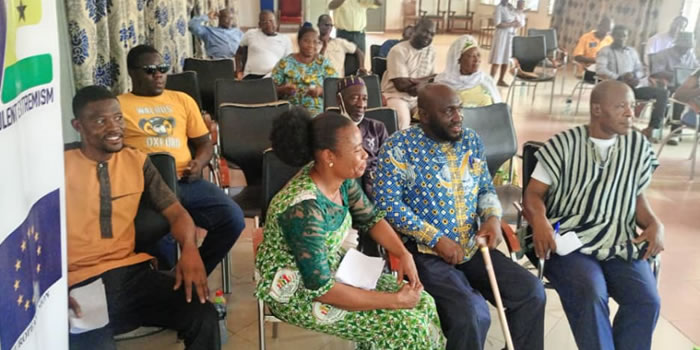


 facebook
facebook
 X
X
 Youtube
Youtube
 instagram
instagram
 +233 593 831 280
+233 593 831 280 0800 430 430
0800 430 430 GPS: GE-231-4383
GPS: GE-231-4383 info@ghanadistricts.com
info@ghanadistricts.com Box GP1044, Accra, Ghana
Box GP1044, Accra, Ghana